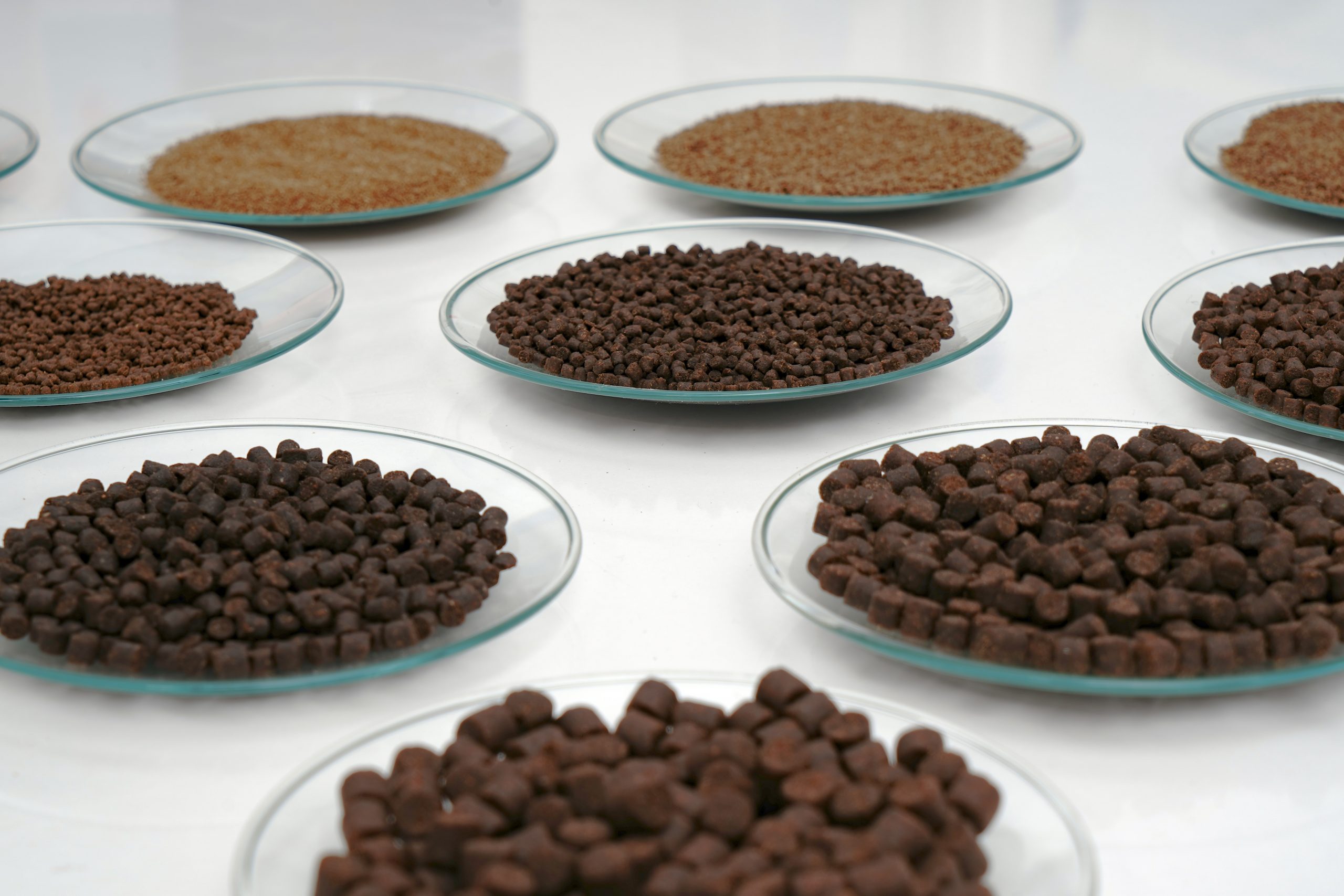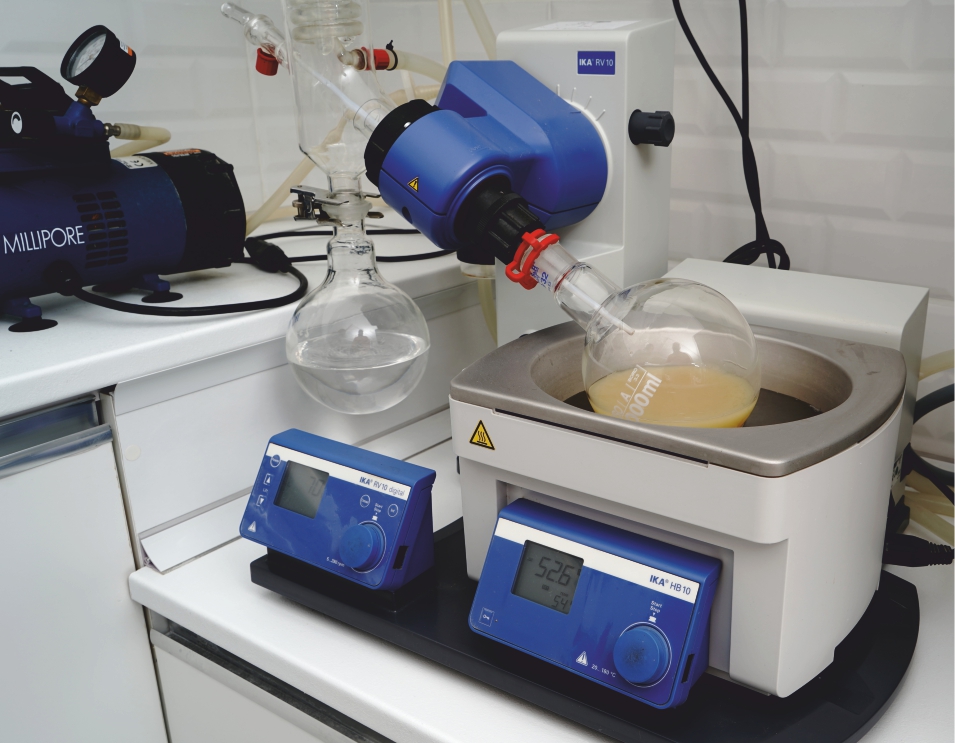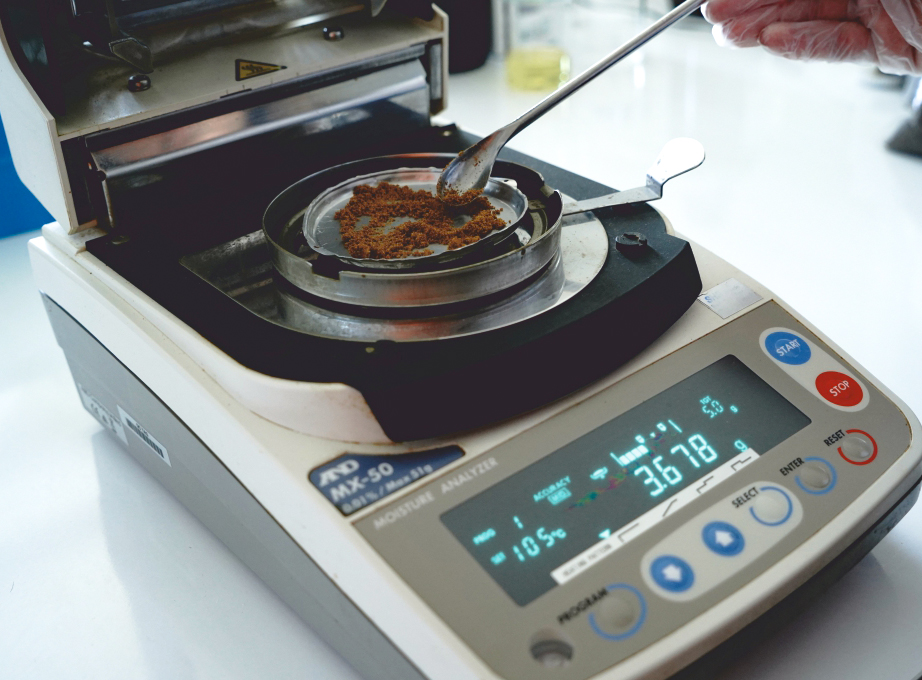Nutritional Requirements of Fish


Proteins
The main task of proteins is to ensure the growth of the organism, the regeneration of tissues and, in short, the maintenance of vital activities. Therefore, proteins are known to be important nutrients for living things. The nutritional needs of fish vary by stage of life. The amount of protein and the amount of essential amino acid in the feed are also of great importance in terms of the process of growth and reaching the market size of the fish.


Fats
Lipids, which are an effective and necessary energy source for fish, play regulatory roles in the evaluation of fat-soluble vitamins and in metabolism. Fats, which contain unsaturated fatty acids that provide the continuation of cellular functions, meet the energy the body needs intensively for all metabolic activities and allow the transport of fat-soluble vitamins in the body, are the most important ingredients in fish feeds after proteins.


Carbonhydrates
Cooking during the extrusion process we use in the production of fish feed increases the digestibility of starch. The digestibility of carbohydrates by fish is quite low. For this reason, the amount of carbohydrates [100- (protein + fat + ash + moisture)] in feed is of great importance. In addition, the digestibility of the starch in the feed content depends on the processing method of the feed - the amount of cooking.


Vitamins and Minerals
Vitamins are small amounts of organic compounds necessary for the survival of animal organisms and essential for life. Minerals play a very important role in the formation of skeletal structure and the activity of hormones and enzymes that are important for metabolism. Mineral and vitamin content in fish feeding is extremely important in terms of development and growth rates of fish.


